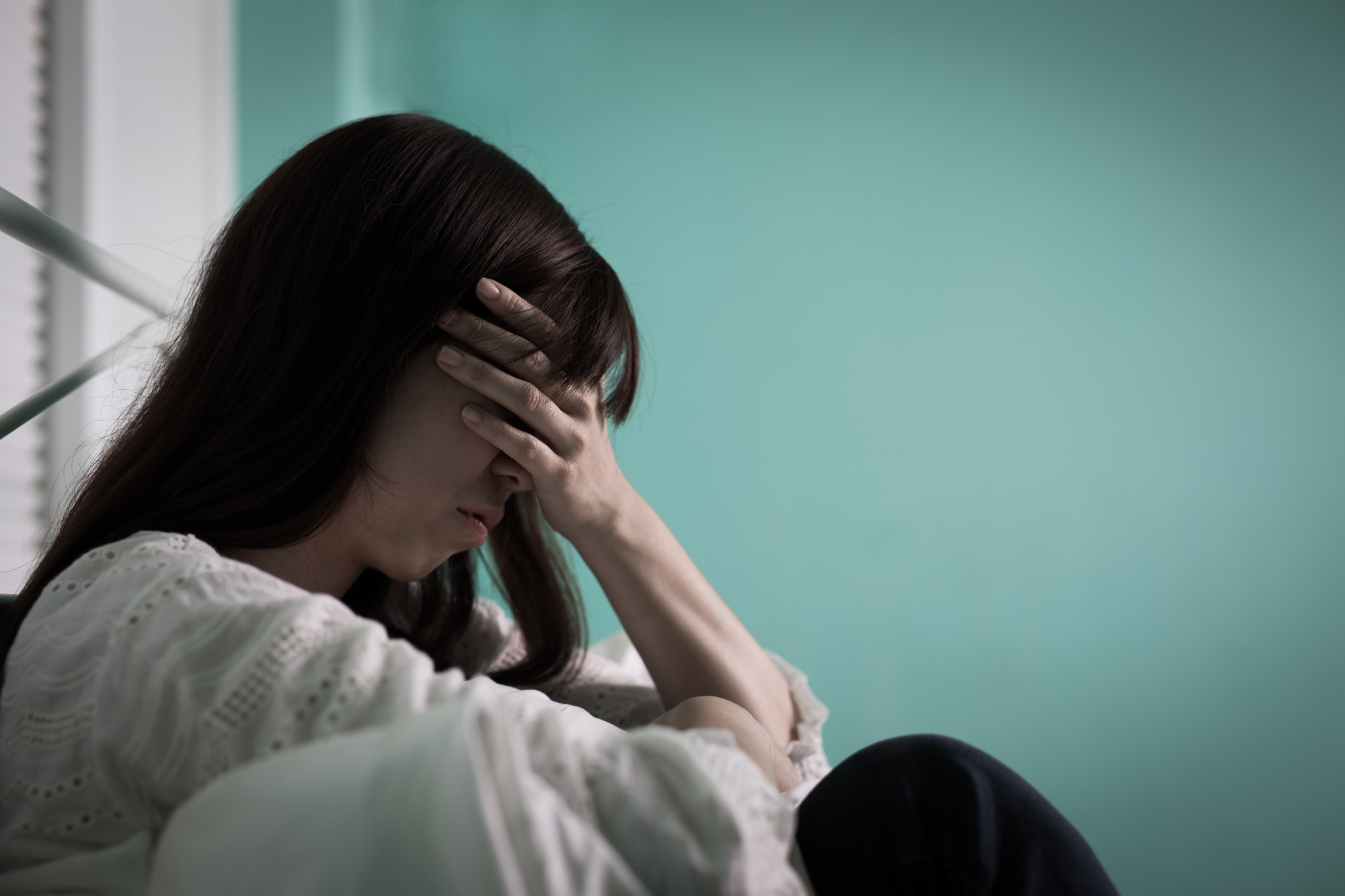
‘Violated right to life’: China daughter, 23, loses domestic violence case against mother but gets restraining order for protection
- Woman claims her right to ‘life, body and health’ was violated by abuse
- Court rejects claim saying no evidence of causal link between her mental illness and ‘conflicts with her mother’
A woman in China who took her mother to court after suffering depression she claimed was caused by her long-term abuse has had her case thrown out of court because she could not prove a causal link between her condition and her ill-treatment.
The woman, 23, from Beijing, who uses the pseudonym Xiaogu, said her mother had constantly abused her physically and verbally for no reason since she was very young, and once beat her up so badly that she ended up in hospital.
She told the mainland media outlet 36Kr that she was diagnosed with depression and sleep disorders in 2019, conditions she claimed were the result of abuse by her mother.

Following a bout of abuse in 2021, Xiaogu moved into a youth hostel and decided to sue her mother for violating her right to life, body and health.
During an online video trial in April last year, Xiaogu pasted 43 awards she had won in her previous life on the wall of her hostel accommodation.
She claimed this proved that she was not the reason for her mother’s abusive behaviour.
She also presented her medical records, photos of bruises she suffered and recordings of her mother’s insults as evidence.
She lost the lawsuit on two counts with the court saying there was no proof of abuse nor was there any evidence of a causal link between her mental illness and the “conflicts with her mother”.
However, the court granted her a domestic violence restraining order that prohibits her mother from beating or threatening her.
Xiaogu said she had “found the reason to live” when she was granted the protection order.
She said she had moved back to live with her mother after the trial, but had deleted all her contact information and avoided her in their 40-square-metre home.
Meanwhile, she has become an online influencer who promotes anti-domestic violence content and helps with others facing parental abuse.
Xiaogu said even after her mother stopped abusing her, she still felt the pain.
She added that she had been trying hard to meet her parents’ demands and ignoring her own needs: “I am the third person who abused me apart from my parents,” she added.
In 2022, the Deputy Director of the All-China Lawyers Association’s Marriage and Family Law Committee, Tan Fang, told the mainland media outlet Legal Daily that long-term mental abuse, which tends to be invisible and prevalent than physical abuse, could cause mental health problems such as low self-esteem, and a tendency for violence.
China’s first national Anti-Domestic Violence Law, enacted in 2016, included mental abuse in the definition of domestic violence for the first time.

However, according to the Deputy Director of Beijing Dongwei Law Firm’s women’s legal aid centre, Gao Lei, it is especially difficult to obtain judicial evidence of mental abuse.
Many people remain unaware that verbal abuse is a form of domestic violence against which they could seek legal help, Gao added.
A report on anti-domestic violence issued by China’s State Council in August also highlighted the difficulty in discovering abuse cases involving children.
Meanwhile, an online survey conducted by the mainland newspaper Nanguo Zaobao in 2022 indicated that 83 per cent of the 1,482 respondents admitted they had beaten their children.

